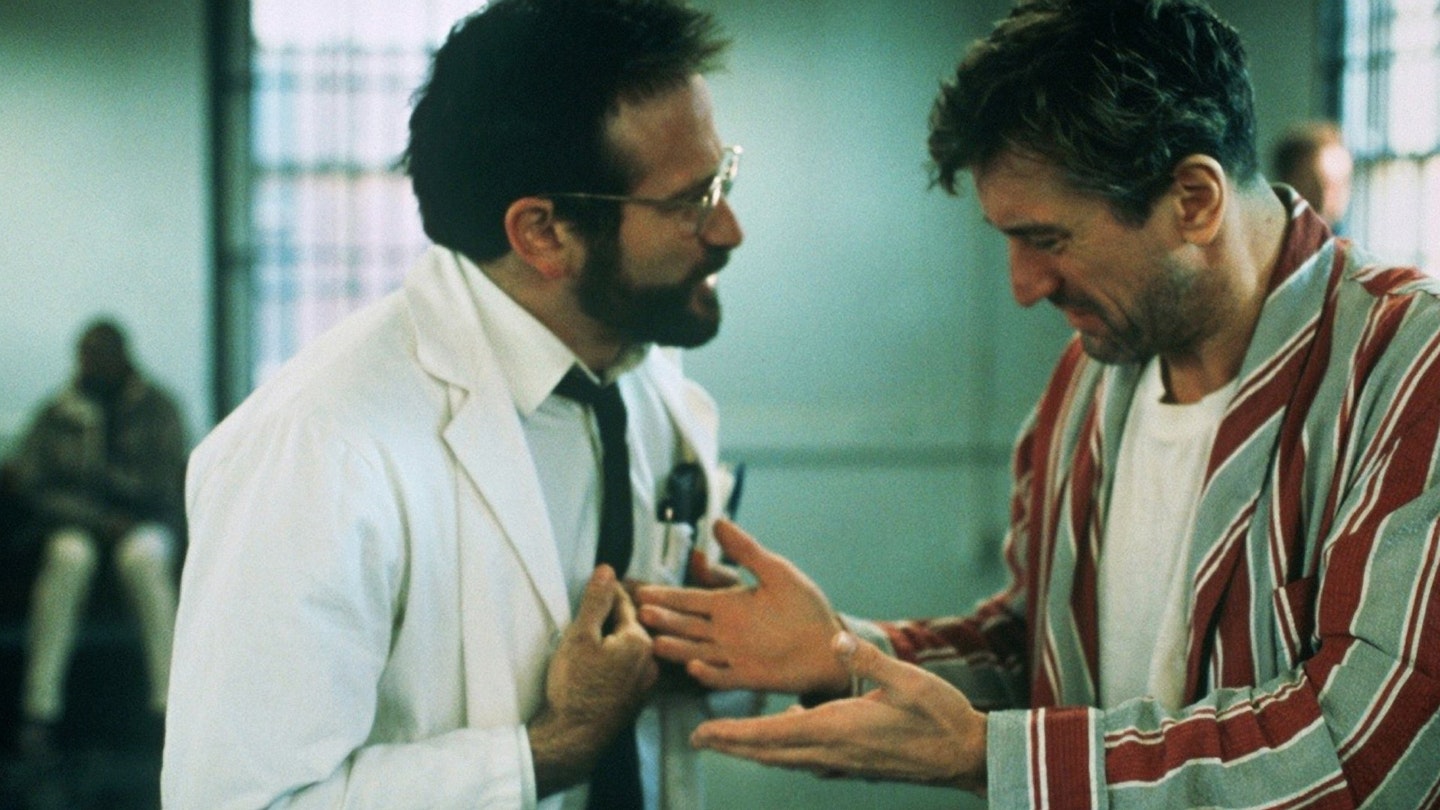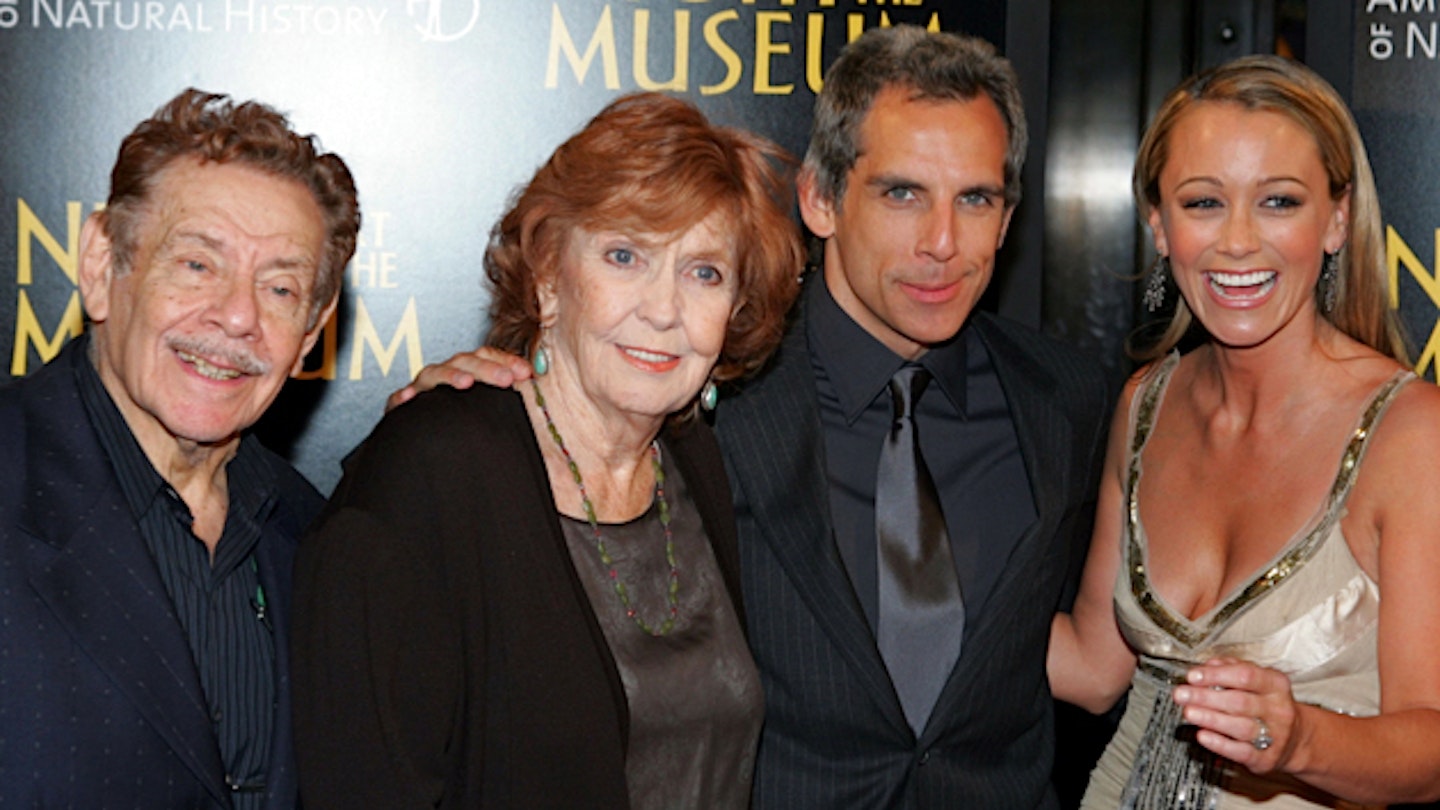To those who know the outline of the story - that Robert DeNiro is in a coma and Robin Williams winkles him out of it - it may come as something of a surprise, mid-way through Awakenings, to realise that the hero of the piece is not really Robin Williams' caring Dr. Malcolm Sayer, nor indeed the human spirit itself. It is, instead, a white powdery substance called L-Dopa, the drug which, in 1969, helped Leonard Lowe (DeNiro) and his fellow patients throw off the chronic immobilisation they had endured for decades through a condition known as post-encephalitis, and suddenly start to move, talk and live once again. And, not unlike a drug itself, Awakenings the movie is a curiously clinical affair - often amounting to little more than an artificial exercise in the manipulation of the full range of human emotions.
The story - true, more or less, and based on Dr. Oliver Sacks' 1973 book of the same name - is a gift, and has inspired numerous documentaries and dramas, including a play by Harold Pinter. And, as Randy Newman's stupendously sentimental score makes clear from the off, dry eyes are not something the filmmakers intend to tolerate, with Love and Caring and Warmth being pushed well to the fore, almost at the expense of any realistic examination of the horrific sense of shock these patients must have experienced after their various awakenings.
There are, however, major plus-points here. DeNiro, in diligent Oscar-scooping mode, is typically awesome, Robin Williams tolerable as the deeply human, yet bashful doctor, and many an opportunity is certainly offered for a hankie-soddening situation to develop in the darkness. Awakenings finally suffers, however, from its pronounced sense of forced emotions, suggesting a shade too much calculation from the filmmakers in what they feel will most effortlessly move their audience. And as many of the bum-shufflers in the audience at this reviewer's screening would no doubt confirm, nothing misfires to quite such a degree as badly misplaced sentimentality.

